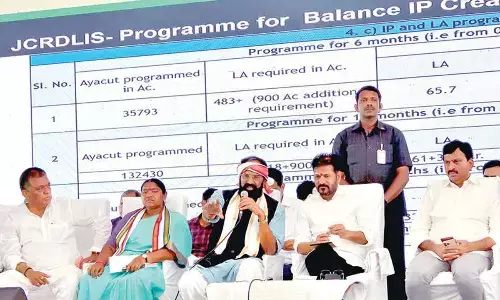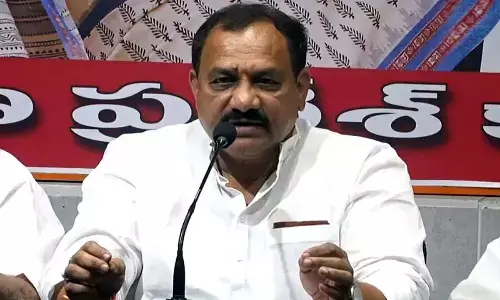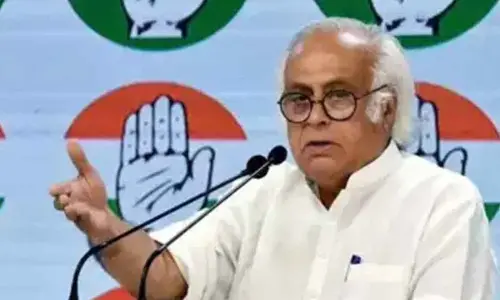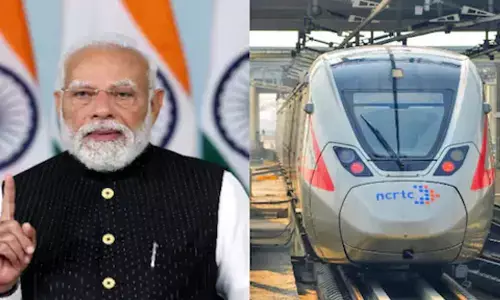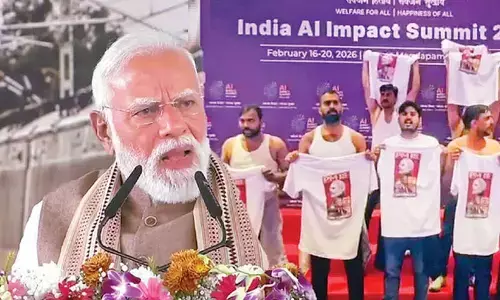Maximising the education budget

To prepare our youth to participate equally and emphatically in the creative economy both as creators and consumers of technology we need to align spending in education and skilling with future-facing programmes of study and skill training.
To prepare our youth to participate equally and emphatically in the creative economy both as creators and consumers of technology we need to align spending in education and skilling with future-facing programmes of study and skill training. Digital skills and Information Technology in the new world has been recast. Information Technology is no longer simply coding but AI powered tools, Web 3.0 and blockchain and most companies are trying to progress to AI, big data, cloud computing. To be able to use emergent tech - logic, process thinking, problem solving, creativity are prerequisites. Qualification requirements have also changed over time, but people’s knowledge, skills and competencies have struggled to keep pace. The Education ecosystem is aspiring to transition from rote learning to a competency-based curriculum. The skill development ecosystem requires ability-based industry certification and logical aptitude test as eligibility for courses.
Key expectations from the upcoming National Education Budget 2024-25
School Education:
It is expected that the budget will put a focus on introduction of emergent technologies as a discrete mandatory scoring subject from middle school/secondary levels. The budget may also showcase increased allocation for expansion of digital infrastructure for schools in rural and remote areas under Digital India initiative as well as boosting the PM eVIDYA program to expand access to e-learning resources and digital classrooms with the creation of more content in regional languages. Substantial allocations are expected in pre-primary and early education to strengthen foundational literacy and numeracy; school readiness programs and level-based learning support to foster key physical and cognitive skills alongside alignment with NIPUN (National Initiative for Proficiency in Reading with Understanding and Numeracy) at an early age should be a key focus area. Further effort may be seen in aligning National Initiative for School Heads’ and Teachers’ Holistic Advancement (NISHTHA) program to the competency curriculum with advanced training modules on digital teaching, new pedagogies, and inclusive education.
The budget may also propose significant investment in creating a shift from rote memorization skills to regular and formative competency-based assessment promoting learning and development for students, testing for higher-order skills, such as analysis, critical thinking, and conceptual clarity.
Allocations may also be targeted to improve institutional setup with Data phygitizationto enable integrated and shared ‘seeing’ for amplifying data-based decision making and actioning by key stakeholders for academic and non-academic activities and thereby improving learning outcomes.
Exam Reform:
It is anticipated that the budget will provide allocations to initiate Computer Based Testing (CBT) and use of AI and proctored tests mostly for national-level competitive examination.
Skill Development and Vocational Training:
It is likely that the budget may expand the Pradhan Mantri Kaushal Vikas Yojana (PMKVY) to cover more trades and industries, ensuring alignment with market needs. Increased funding and incentives for the National Apprenticeship Promotion Scheme is expected, to encourage industries to take on more apprentices and provide on-the-job training especially broadening the range of opportunities to cover more sectors such as IT, Healthcare and green technologies.
Significant investments are hoped for to promote National Skills Qualifications Framework (NSQF) and expanding Recognition of Prior Learning (RPL) initiatives to certify the skills of workers who have acquired them formally or non-formally.
Start-ups and entrepreneurship:
Allocations for seeding school, college and rural start-up ecosystems with real-life accelerator program supported by incubation facility, training programs for fundraising, mentorship, simulating investor meets, provide market survey skills and technical assistance may come as a critical focus area of the budget.
Enhancing Higher Education Quality:
Instruments for financial assistance such as fee waivers and lowering of interest rates on education loans will increase access, equity, and inclusion in higher education for disadvantaged and underprivileged students. This budget is likely to further accelerate its efforts to expand/upgrade/revamp facilities in existing institutions for increased capacities with a higher appetite to convert to multidisciplinary institutions.
Research and Innovation:
Increased funding for research is expected to nudge Indian universities towards research excellence which accounts for 60% of the weightage across global rankings.
(The author is Charu Malhotra
Co-Founder & Managing Director, Primus Partners)






